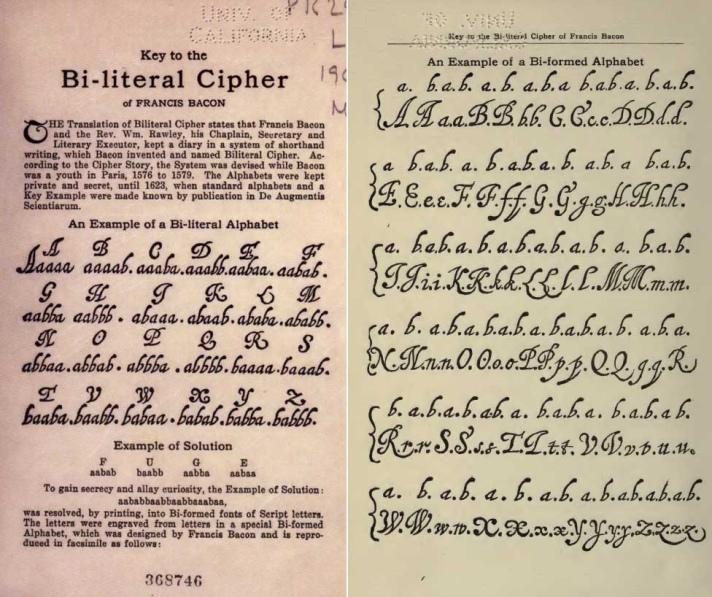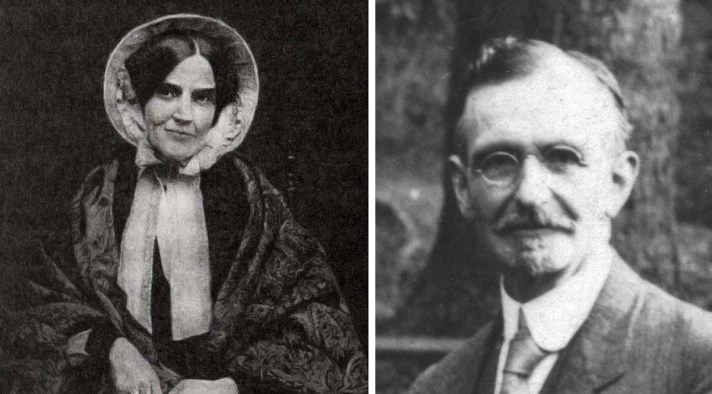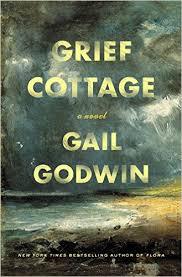Pure motives, good breeding, foreign travel, the best of educations and the scent of the court were necessary criteria for an author of works of ‘superhuman genius’.
I didn’t mean to park this blog for over two months; somehow that just happened – partly because I haven’t had anything interesting to write about lately, partly because of the sort of contrived horror of the empty page, especially after a while, and can prove itself to be fatal.
I stayed couple of weeks in Finland in early August, and while there, I searched for some particularly Finnish angle to Shakespeare – first translated in Finnish only around hundred years ago, and never revered quite as much as it perhaps could have been. The local library yielded a whole number of books I’m already familiar with, both in original and in translation, if there was a slight lack of rows upon rows of the play texts in their various versions. I discovered Aulis Sallinen’s opera King Lear (more of which later), and perhaps most interestingly, a tome about the real Shakespeare. You know, the real author behind the nom de plume “William Shakespeare”. Seppo Heinola’s book Salaperäinen Shakespeare – Shakespeare-arvoituksen tarkastelua esoteerisen perinteen valossa rehashes the old argument that one William Shakespeare, a son of a Stratford tradesman, couldn’t possibly have written some of the finest plays in the world’s literary canon. Heinola (who apparently is a provincial actor by day) specialises in the esoteric, and his argument is that the plays – Hamlet especially – are ciphers of esoteric knowledge, written most likely by Francis Bacon. All the usual references to Freemasons, Rosicrucians, kabbalism etc. apply. Heinola – perhaps because he’s Finnish and not aware of just how deep-set the classist snobberies that drove the anti-Stratfordian stance were – sets aside both the historical William Shakespeare of Stratford (as irrelevant) and the competing theories and chooses to go all Dan Brown with Bacon instead. I guess as Hilary Mantel says, “it does seem that, once you stop believing in Shakespeare, you’ll believe in anything”.
The Baconian theory is of course not original to Heinola – it was invented in the 19th century by one Delia Bacon (no relation), who believed that Francis Bacon not only was the real author of Shakespeare’s works, but that he had hid the final part of his magnum opus inside the plays, using Bacon’s cipher, a steganographic method he devised that uses a five-digit combination of just As and Bs to replace every letter of the alphabet (not dissimilarly to the binary code). She also refused to believe that Shakespeare’s works had been performed in the London theatres for common audiences and for commercial gain; her belief was that the texts were instead meant to be read in a closed circle of courtiers and scholars – not a hop and a skip away from Heinola’s belief that the plays contained some secret knowledge only available to those trusted with the understanding of it.
The real Bacon was a 17th century philosopher and statesman, and a great proponent of empirical scientific thinking, believing that all natural phenomena can be explained with careful observation and inductive reasoning – from the little that I know about him, I suspect that he’d hate his later re-appropriation as an esoteric and a magus. In his cipher – as I actually researched this, so bear with me for this random info dump – in the coded text the As and Bs are represented for example by two different typefaces or font sizes (like this: code for F is aabab, which could be encoded using any five letter sequence, such as word paper – the regular letters signifying As, and the italics Bs). A famous WWI photograph shows a group of cryptographers who, facing either left or right, almost spell out the words “knowledge is power” (they were few men short of actually forming all letters); one could similarly use black and white cats or really anything that can be handily divided into two groups; the beauty of this cipher that it is inconspicuous. Consequently Bacon’s cipher can be put to use in making anything signify anything – poorly set type? clearly a code! Two-colour knitting pattern? definitely! (actually, I should try that). This cipher’s limitation is its visual nature tho – reprint Hamlet and whatever was hidden in the original script is probably gone.

American Shakespeare scholar James S. Shapiro wrote the book which gave this post its title, Contested Will; he addresses the theories about the “true authorship”, and he lays the blame on the fans, from 18th century onward – it were the fans after all who elevated Shakespeare into a literary deity, someone who had to exist in a magisterial twilight of sorts, unconcerned of such vulgarities as money. He couldn’t have written a bad play, which is why anything weak or vulgar had to be explained away in a satisfying manner, and he couldn’t have been a son of a parochial glove maker, an actor, someone who was modestly educated and who – for all we know – never traveled. A literary genius had to be someone who existed in a higher plane, a Castalian knight of sorts. Or the very least he had to have some firsthand experience of the things he wrote, like falconry, sailing and Bohemian seaports. He had to be someone like Edward de Vere, 17th Earl of Oxford, who was a high ranking courtier, favourite of Queen Elizabeth, a man well read and traveled, with theatrical and literary interests, and whose volatile personality had seen him exiled from the court – as a character he was not unlike Hamlet. Shapiro traces much of this back to Edmond Malone, an 18th-century Shakespearean who practically ran away with the idea that the plays reflected Shakespeare’s character and experiences, more often than not literally – that the Sonnet 93 must mean that Shakespeare was a deceived husband and his marriage to the undeserving Anne Hathaway unhappy, or that his perceived great legal knowledge must mean that he had legal training, that sort of thing. After Malone had opened the door, there was no closing it, and the deliabacons of the world just marched through.
 The name of a (wo)man is a numbing blow from which he never recovers: Delia Bacon, the originator of the Baconian theory, and T.J. Looney, original proponent of the Oxfordian theory.
The name of a (wo)man is a numbing blow from which he never recovers: Delia Bacon, the originator of the Baconian theory, and T.J. Looney, original proponent of the Oxfordian theory.
Constructing alternative identities for Shakespeare is I guess tempting – in the early arguments about his real character the word unromantic gets tossed around – the historical evidence suggests that he was a tradesman concerned with money, someone more acquainted with the coarse world of London’s theatreland and bear pits and taverns than with the court or the academia, a man whose private life perhaps didn’t entirely reflect the virtues of true love. He left virtually nothing behind, just his scrawled signature on a will that famously leaves his “second best bed” to his wife and on three other legal documents. And, as Hilary Mantel writes, history missed its mark with Shakespeare. After the First Folio was published and Shakespeare started to attract scholarly attention, his daughter was still alive, as were others who had known him; no at the time thought of asking her or anyone else, and Shakespeare the man vanished from living history; even his known portraits are posthumous.
A (very) brief tour of some of the websites devoted to various anti-Stratfordian theories (and the quickest of glances on the comments on Mantel’s article) reveals that the need to believe that Shakespeare was someone else is alive and well. But no one seems to offer an explanation as to why (the desire to believe in conspiracies aside). Why is it still so difficult for some to believe that an on-externals ordinary person would have had the imagination to write plays that largely concern the human nature, when on externals ordinary people have also had the imagination to conjure up whole worlds, like Hogwarts, Gallifrey and Middle-Earth (as an aside, Tolkien was the son of a bank manager)?
Advertisements Share this:




